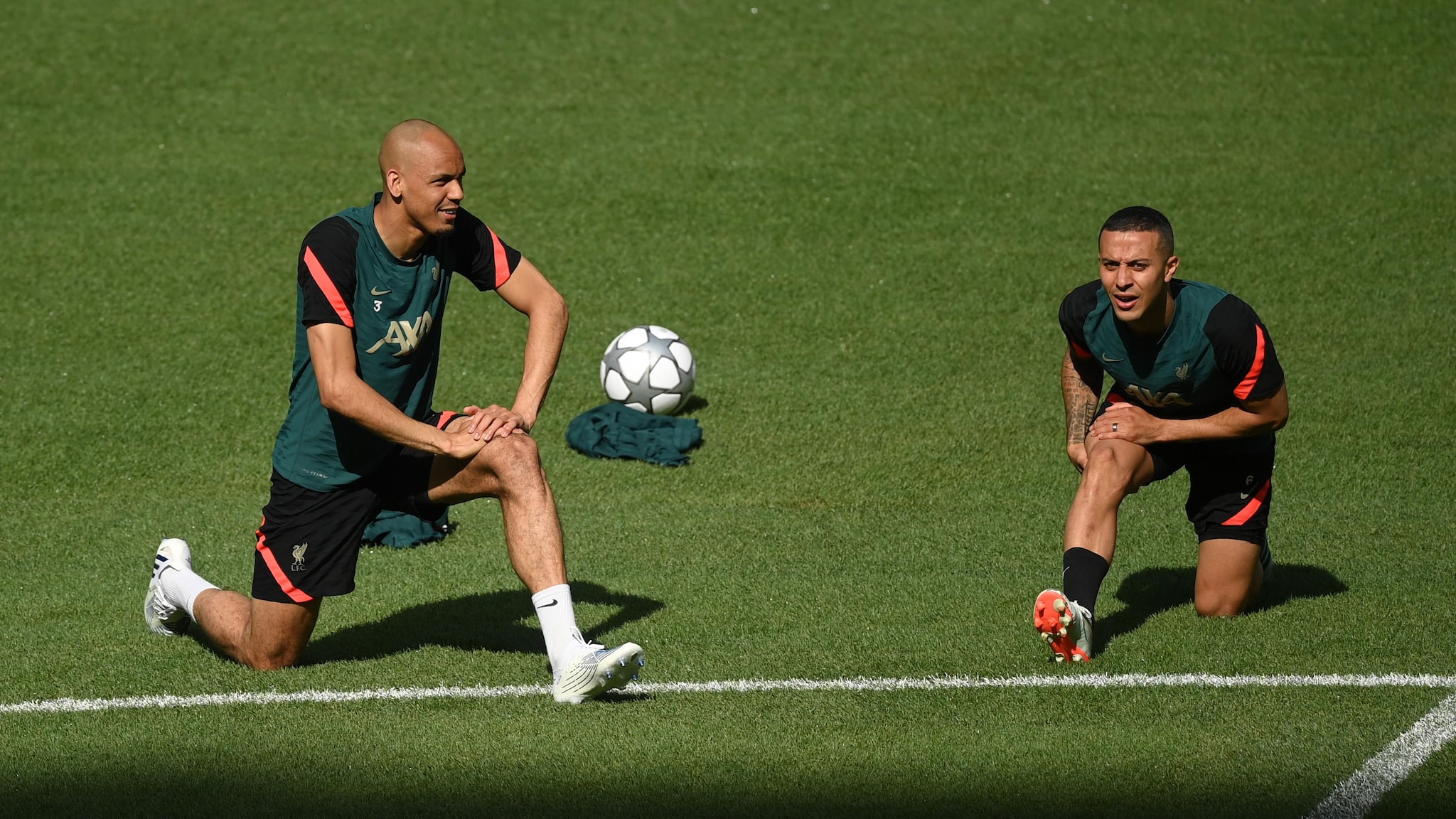As the UEFA Champions League erupts into its captivating group stage, the tantalizing spectacle of European soccer takes center stage. With 32 elite clubs vying for continental supremacy, the competition promises a tantalizing blend of thrilling matches, captivating narratives, and unyielding drama. However, beneath the surface of this captivating spectacle, a web of complexities awaits unraveling.
The Champions League has become an increasingly lucrative enterprise, with the top clubs reaping astronomical revenues from television rights, sponsorship deals, and matchday earnings. However, this financial largesse has led to a widening financial divide between the elite clubs and the rest of the field. Top clubs can afford to stockpile world-class talent, while smaller teams struggle to compete financially.
This disparity is reflected in the recent dominance of a handful of clubs. In the past decade, Real Madrid, Barcelona, Bayern Munich, and Liverpool have combined to win 7 of the last 10 Champions League titles. This trend is likely to continue as the financial gap between the elite and the rest of the pack widens.
With the Champions League group stage consisting of six matches played over a short period, squad management becomes paramount. Clubs must navigate a challenging schedule that includes domestic league fixtures and cup competitions. This can lead to squad rotation, with managers carefully balancing the need to rest key players with the desire to maintain competitive form.
The Champions League also presents a unique challenge in terms of travel. Clubs must often travel vast distances to face opponents in different countries. This can disrupt sleep patterns, affect recovery, and impact performance on the pitch.
The Champions League brings together teams from different countries and leagues, each with their own unique tactical approaches. This clash of styles can create fascinating matches as teams adapt to different philosophies and formations.
For example, the Premier League is known for its fast-paced, attacking style of play, while the Serie A is known for its emphasis on defense and counterattacking. The Champions League provides a stage for these different styles to collide, resulting in unpredictable and entertaining matches.
The Champions League is a truly global competition, with clubs from all over Europe participating. This diversity of cultures and backgrounds creates a unique atmosphere and allows fans to connect with teams from different countries.
The competition also provides a platform for up-and-coming players from smaller nations to showcase their talents on a global stage. This can help to develop the game of soccer worldwide and foster a sense of unity among fans.
The Champions League is steeped in history and tradition. The competition has been contested since 1955, and some of the greatest players in soccer history have graced its pitches.
Winning the Champions League is the ultimate prize in club soccer, and it cements a team's place in history. For many players and managers, lifting the trophy is the pinnacle of their careers. This allure of history and legacy adds an extra layer of significance to the competition.
The Champions League is a multi-faceted phenomenon that encompasses financial complexities, tactical nuances, diverse perspectives, and the enduring allure of history and legacy. As the competition unfolds in the coming months, it is essential to recognize the complexities that lie beneath its captivating veneer.
The Champions League is more than just a sporting competition; it is a global spectacle that transcends geographical boundaries and unites fans from all corners of the world. However, it is important to critically examine the underlying issues that shape the tournament and ensure that it remains a fair and equitable competition that showcases the best that soccer has to offer.
Read also:
Retail Giant Cancels DEI Programs In Response To Trump's Executive Order
Equality-Focused Pro Basketball League Launched By WNBA Superstar Napheesa Collier
List Of Santa's Reindeer Names In Order

